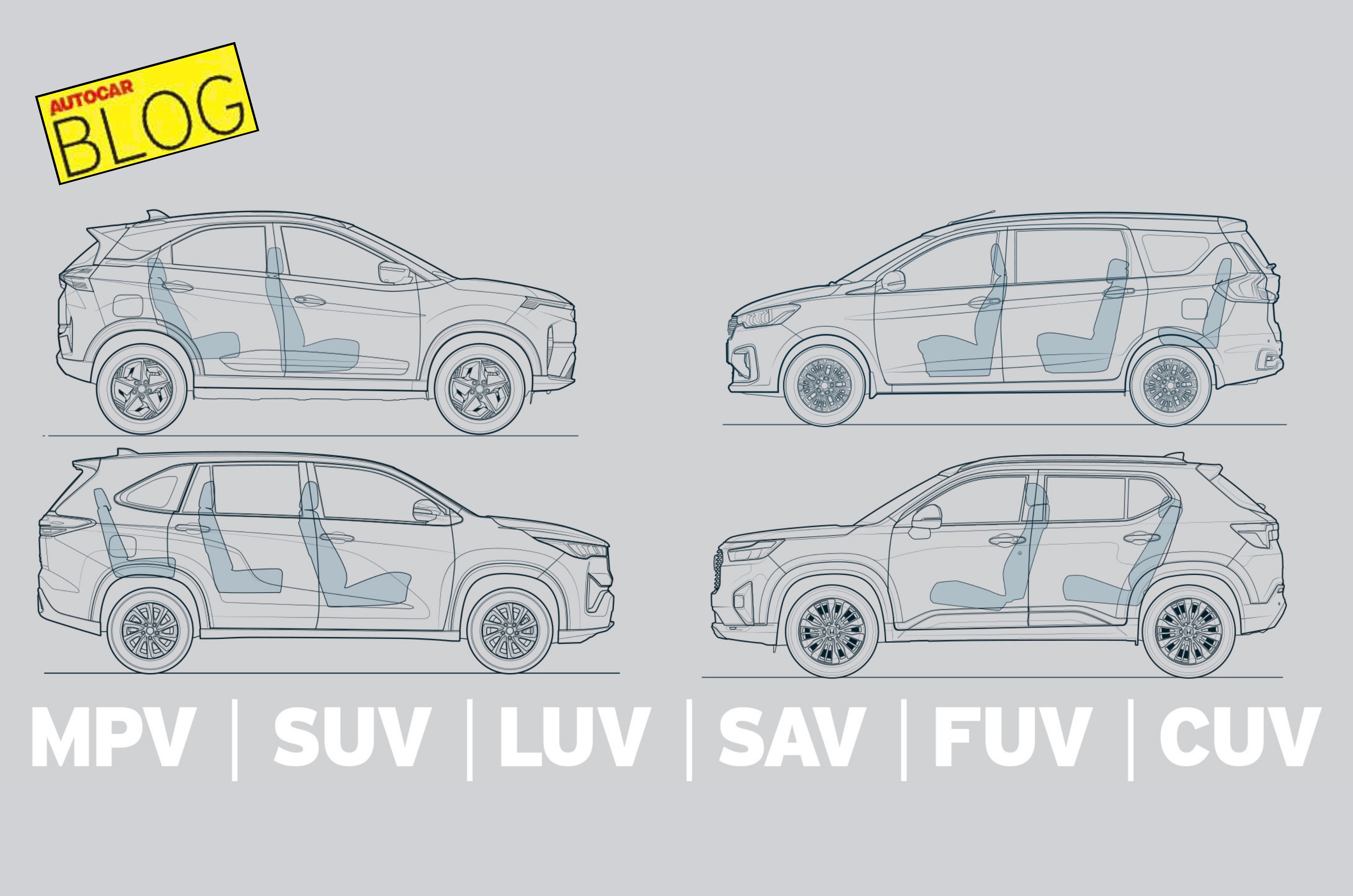
Pronouns. Who ever thought these fundamental grammatical objects could cause so much strife. But they do. And soon, experts say, we will have to evolve and use them differently. Many find this difficult to imagine. Still, evolve and change we must; this much is clear.
Much more controversial and difficult are discussions centredaround automotive pronouns. These primarily deal with far simpler subjects like automotive taxonomy, categorisation and classification. While this, in essence, should be a straightforward exercise, the process is all too often hijacked by marketing departments. Here starts the process of artificial enhancement (no, not that) and re-positioning.
How else can you justify an equine with long ears, stubby legs and small hooves categorised as a horse, when all the world and its uncle knows it to be a donkey; no disrespect whatsoever to these fine animals. Granted, introducing a mule into the mix sort of complicates things, but that’s why we have a category called crossovers.
Automotive pronouns are also undergoing their own revolution. Many marketing mavericks, emboldened by all the heady discussions taking place in the ether, now believe cars too should be liberated from their chains. Why, they argue, should only physical form drive classification. Now honestly, this is a bit of a head scratcher.
But how else can you explain marketing folk recategorising cars that fall into pretty obvious slots. The current favourite, of course, is the SUV. Though, in essence, looking at its green credentials or a lack of them, it should be anything but. And, truth be told, what does Sport Utility Vehicle mean anyway? The category should have just been off-roader. But the SUV moniker has stuck, and today you see every mildly raised hatchback, monovolume people mover and even high-riding sportscar claiming to be an SUV. Unless you are Ferrari that is; who vehemently claim their crossover is an FUV. Ferrari Utility Vehicle.
There’s further evolution around the corner. If a car ‘feels’ like a sportscar from the inside, maybe it truly is. No seriously. “Authenticity is achieved,” experts say, “by acting outwardly in accordance with one’s inner feelings.” Once we appreciate this, it becomes easier to understand why nobody today launches an MPV. No one. And that’s despite thousands and thousands of monovolume, van-shaped passenger cars rolling off showroom floors everywhere. You can call them whatever you want to, just don’t call them an MPV. It’s almost a bad word. So how did it come to this? How is the Innova not an MPV, the Ertiga an LUV (Life Utility Vehicle) and MG’s Windsor a CUV (C for crossover). Probably the most difficult to understand, not even Renault, the inventor of the type (googleEspace), calls the Triber an MPV. Go figure.
It’s become so bad that I think it’s time we introduced preferred pronouns to the automotive landscape. How else can we deal with these random classifications? Can customers truly relate with LUV, CUV, SAV or countless others. Maybe Nissan said it best; it’s a Caar!
Also see:
Opinion: Premium car brands' rewards systems aren't really rewarding